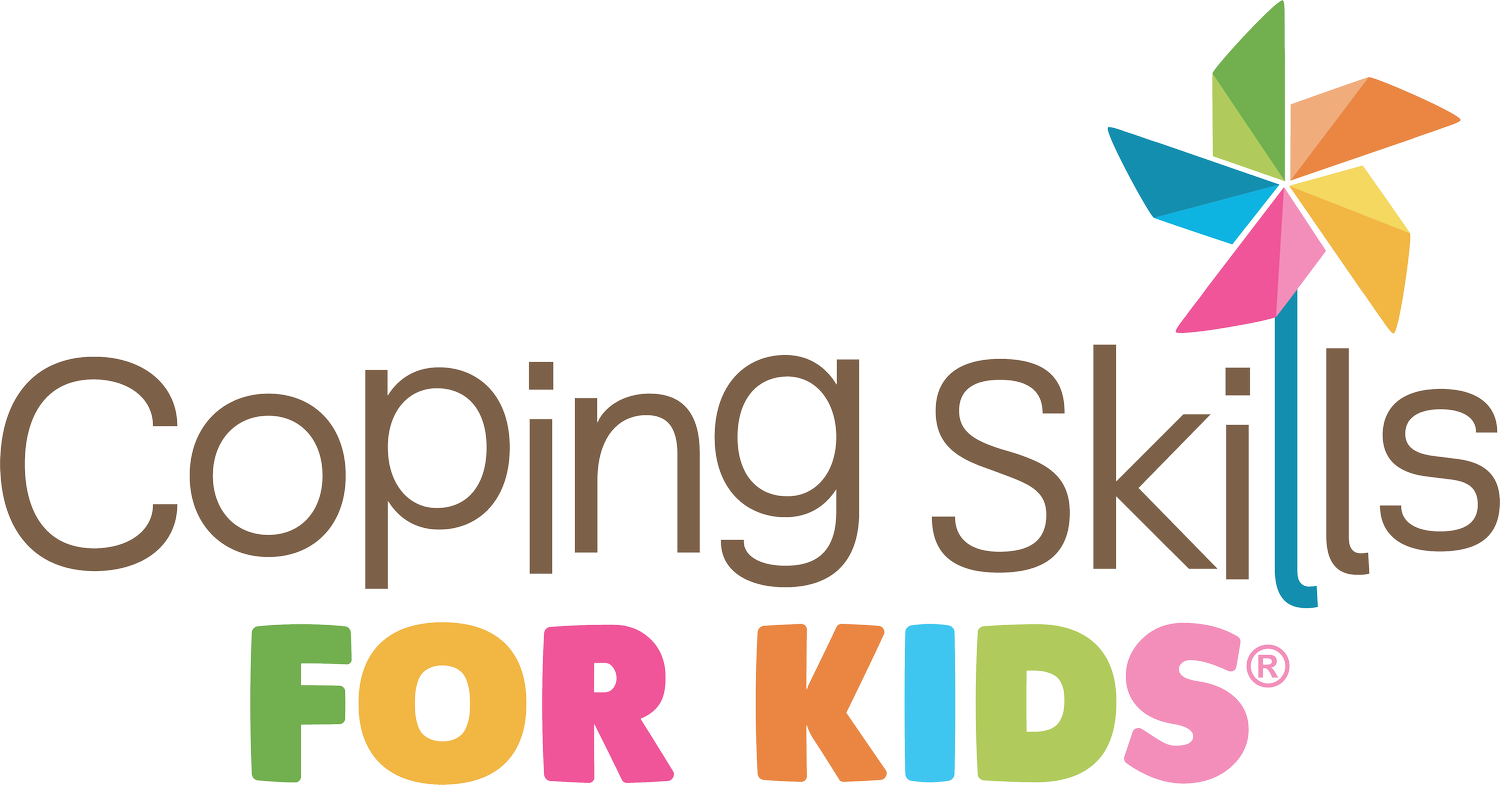Free Email Course from Coping Skills for Kids
Grow Your Child’s Coping Skills
Do you want to help the kids in your life grow their coping skills this year?
Sign up for this email course from Coping Skills for Kids where we'll explore some coping skills to help the kids in your life manage their big feelings!
The course starts on Friday January 19th, and emails are sent right to your inbox. Sign up below to get on the list so you'll get every email from the beginning!
During the course, you'll get:
A description of six kid-friendly coping skills that helps kids manage their feelings in safe and healthy ways.
Links to get more resources related to the skills in the Coping Skills Community Hub. All skills have a downloadable coping cue card, plus some also have video and other printables to extend the learning.
Two Bonus Access Days - once the course is over, you have access to all six coping skills in the course in the Community Hub through Sunday January 28th.
About the Course Creator: Janine Halloran, M.A., LMHC
I'm a Licensed Mental Health Counselor who has been working with children, teens, and their families for more than 20 years. I’ve been helping children and teens build their coping skills throughout my career in various settings, including schools, mental health clinics, and I continue to do so in my private practice.
I founded Coping Skills for Kids to help children and teens learn healthy and safe ways to manage big feelings. I'm the author of several books, including the bestselling Coping Skills for Kids Workbook, the Coping Skills for Teens Workbook, and the Coping Skills for Kids Activities Book Series.
Not only am I a professional who works with kids and teens, but I'm also a mom of two teens myself. I put these strategies into practice as a professional and in my personal life!
Are these skills evidence-based?
According to the American Psychological Association (2006), evidence-based practice means "the integration of the best available research with clinical expertise in the context of patient characteristics, culture, and preferences." I created the Coping Skills Hub with this definition in mind.
"best available research"
I read research about coping skills and their effectiveness regularly. As new findings emerge, I want to ensure those are included in my work at Coping Skills for Kids. Each coping style has a page that contains research and additional resources. These will continue to get updated as I read new research.
"clinical expertise"
Some of the coping skills I include throughout the Coping Skills Hub are ones I've tried with clients and my own children throughout the years that have worked well, or are ones that other experts have shared with me. My goal is to have kids & teens find coping skills that are safe and healthy. If a coping skill is safe and healthy, and works, then we can consider it as a potential strategy to suggest.
"patient characteristics, culture, and preferences"
Part of evidence-based research should be to include the client's preferences - who they are, what they enjoy, their background, and their own experiences. I've been working with clients for more than two decades now, and I hear from them all the time about different strategies that work for them. Part of our therapeutic connection includes me listening to them and honoring their experiences. I add those new strategies into my repertoire of coping skills regularly. Not all coping skills work for all kids. It depends on where kids are, their feelings, and what they like.
What is the Coping Skills Community Hub?
It’s a resource library and community where I share all my best resources to help you teach the kids in your life how to cope with anxiety, stress, anger, etc. To learn more about the Hub, visit copingskillsforkids.com/hub


